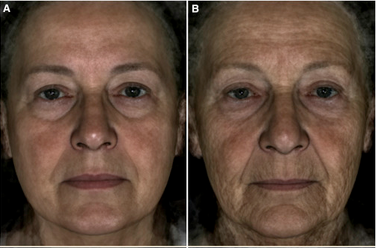Dutch scientists find a gene that makes you look two years older

Researchers at Erasmus University in Rotterdam and Unilever have discovered a specific variant of gene which can make people look about two years older than their actual age, according to a report in scientific journal Current Biology.
‘For the first time, a gene has been found that explains in part why some people look older and others younger for their age,’ Erasmus researcher Manfred Kayser is quoted as saying.
Scientists analysed the genomes of more than 2,600 elderly Dutch Europeans after volunteers had been asked to estimate their age. ‘The strongest hits for perceived facial age were for DNA variants in the MC1R gene,’ the report said.
The MC1R gene is responsible for producing red hair and pale skin. However, the influence of the gene on aging was not affected by age, sex, skin colour or skin damage, the report said.
Anti-aging products
Some 6% of Europeans have the variant of MC1R which could make them look two years older than they are.
Three of the scientists who worked on the project are Unilever employees. ‘Although no products were tested, this work could potentially promote the use of anti-aging products and lead to financial gain for Unilever,’ the report said in statement on possible conflicts of interest.
However, David van Bodegom, an aging expert with the Leyden Academy, told the Volkskrant the research is interesting, but that the impact of the gene – at one or two years – is limited.
The effect of the gene would appear to be similar to that of smoking, he said.
Thank you for donating to DutchNews.nl.
We could not provide the Dutch News service, and keep it free of charge, without the generous support of our readers. Your donations allow us to report on issues you tell us matter, and provide you with a summary of the most important Dutch news each day.
Make a donation